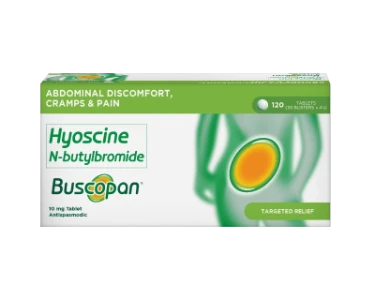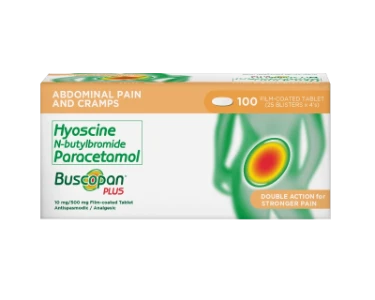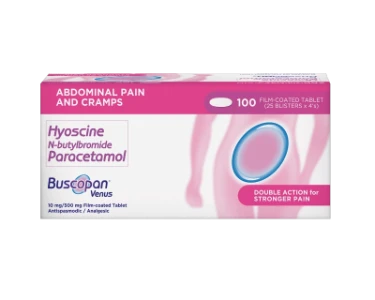As mentioned earlier, knowing which foods can upset your stomach will help you avoid unnecessary discomfort and prevent stomach pain afterward. By identifying specific triggers, such as spicy or fatty foods, you can make more informed dietary choices. This knowledge allows you to enjoy meals without fear of digestive problems and promotes overall well-being.
High-Fat foods
High-fat foods, such as fried foods, fatty meats, and dairy products, are more challenging to digest, causing stress on the digestive system and, consequently, discomfort and pain. When consumed in excess, these high-fat foods can slow down the digestive process, making it difficult for the body to process and absorb nutrients efficiently. The extra effort required to digest these foods can significantly overtax the digestive organs, including the stomach, liver, and pancreas. This can lead to a variety of digestive problems, such as bloating, gas, indigestion, and even more serious conditions, such as acid reflux or irritable bowel syndrome.
In addition, a diet rich in unhealthy fats can contribute to long-term health problems such as obesity, cardiovascular disease, and type 2 diabetes. Therefore, it is essential to moderate the intake of high-fat foods and focus on a balanced diet that includes healthier sources of fats such as avocado, nuts, seeds, and olive oil to promote better digestive health and overall wellness.
Spicy foods
Hot peppers, spicy sauces, and other spicy foods can also cause abdominal pain by irritating the digestive tract. These foods often contain capsaicin, a compound that causes a burning sensation in the mouth and can be aggressive to the stomach lining. If consumed in large quantities, they can lead to lower abdominal pain after eating spicy food, inflaming and upsetting the digestive system, causing discomfort, cramping, and even heartburn. Over time, frequent consumption of these spicy foods can contribute to more chronic digestive problems and aggravate conditions such as gastritis or irritable bowel syndrome. It is essential to consume these foods in moderation and be aware of your body's response to avoid unnecessary discomfort and maintain a healthy digestive system.
Dairy products
Consuming dairy products can cause uncomfortable symptoms such as bloating, gas, and abdominal pain in people with lactose intolerance. This occurs because their bodies lack sufficient lactase, the enzyme needed to digest lactose properly—the sugar found in milk and other dairy products. Undigested lactose ferments in the colon, causing these uncomfortable symptoms. To manage and alleviate these problems, people with lactose intolerance can opt for lactose-free alternatives, such as lactose-free milk, yogurt, and cheese.
In addition, non-dairy options such as almond milk, soy, white rice milk, and coconut milk can provide similar nutritional benefits without triggering symptoms.
Artificial sweeteners
Artificial sweeteners such as sorbitol and aspartame can cause bloating and gas, leading to abdominal discomfort. These sweeteners are often found in various low-calorie, sugar-free diet products such as beverages, snacks, medications, and chewing gum. By reading labels carefully and being aware of the potential effects of artificial sweeteners, you can make more informed choices that support your overall health and well-being.
In addition, considering natural alternatives such as stevia or reducing your overall sweetener intake could help alleviate these symptoms.
Carbonated beverages
The fizz of your favorite soft drink can cause bloating and discomfort due to the carbon dioxide that creates the bubbles. When consuming carbonated beverages, the gas can get trapped in the digestive tract, causing an uncomfortable feeling of fullness, nausea, and pressure. Choosing non-carbonated beverages helps reduce these symptoms, as they do not introduce more gas into the stomach.
In addition, non-carbonated options often have fewer artificial ingredients and sugar, contributing to an overall healthier diet.



.webp 0w)
.webp 0w)




.webp)


.webp)




